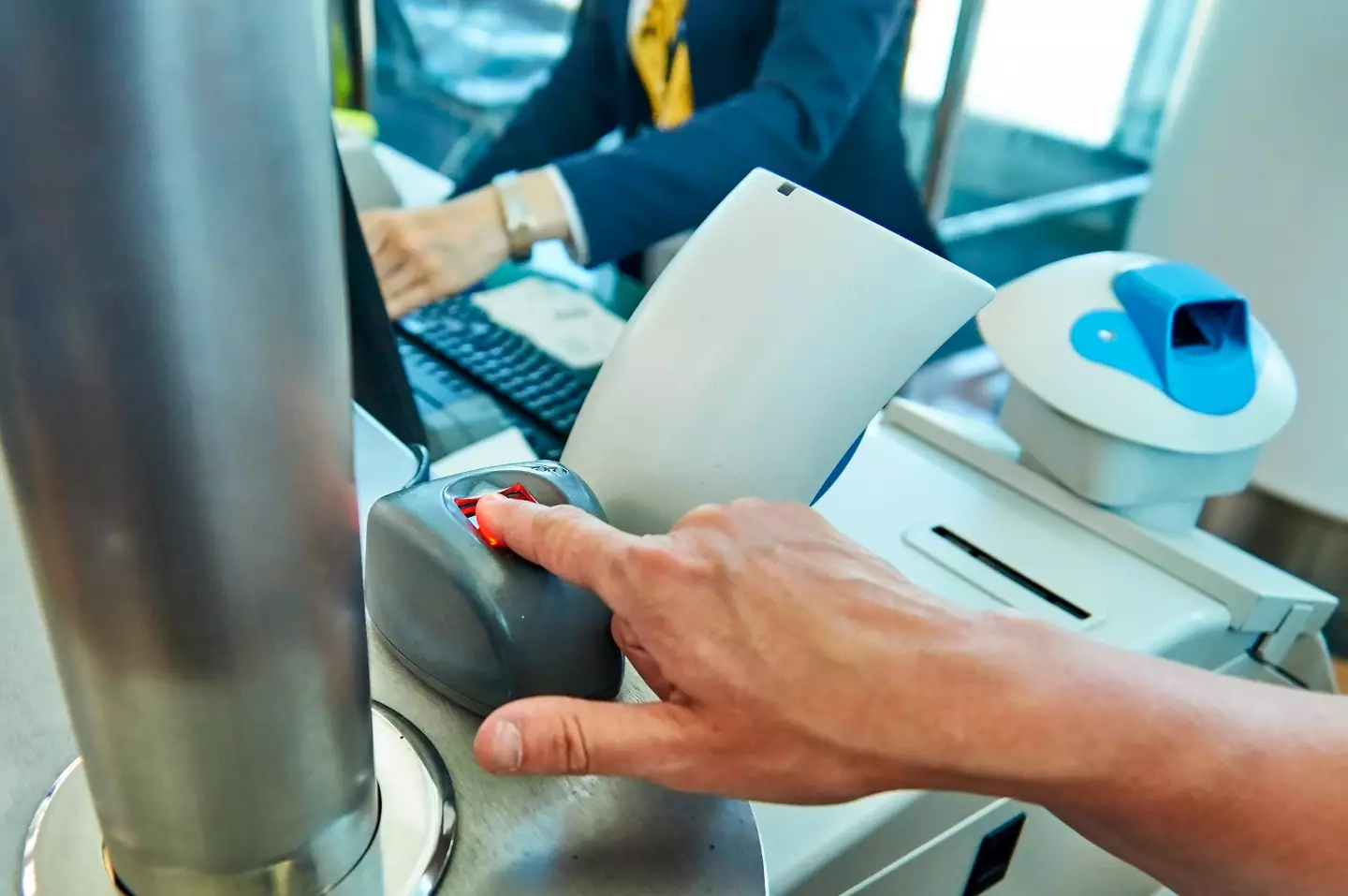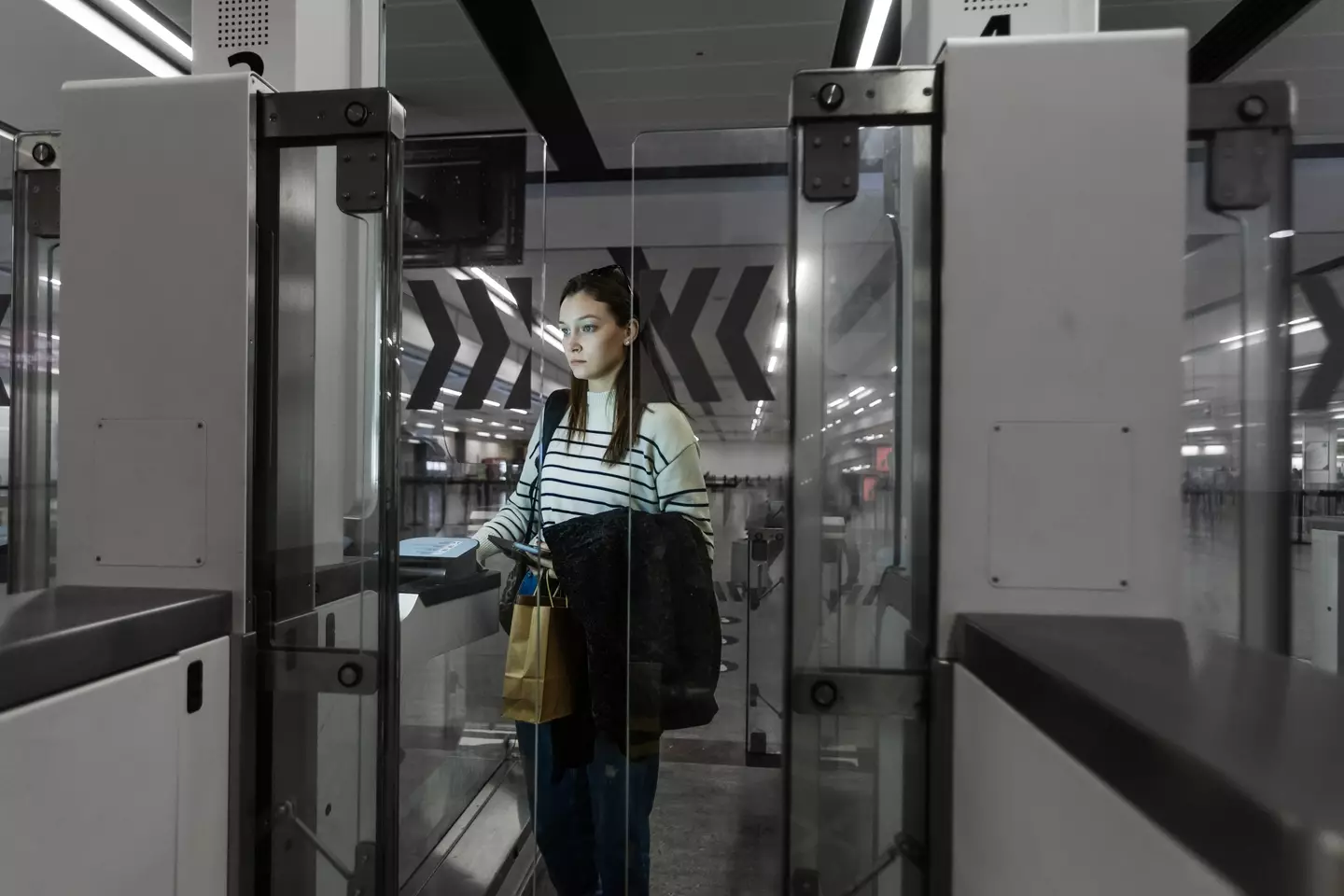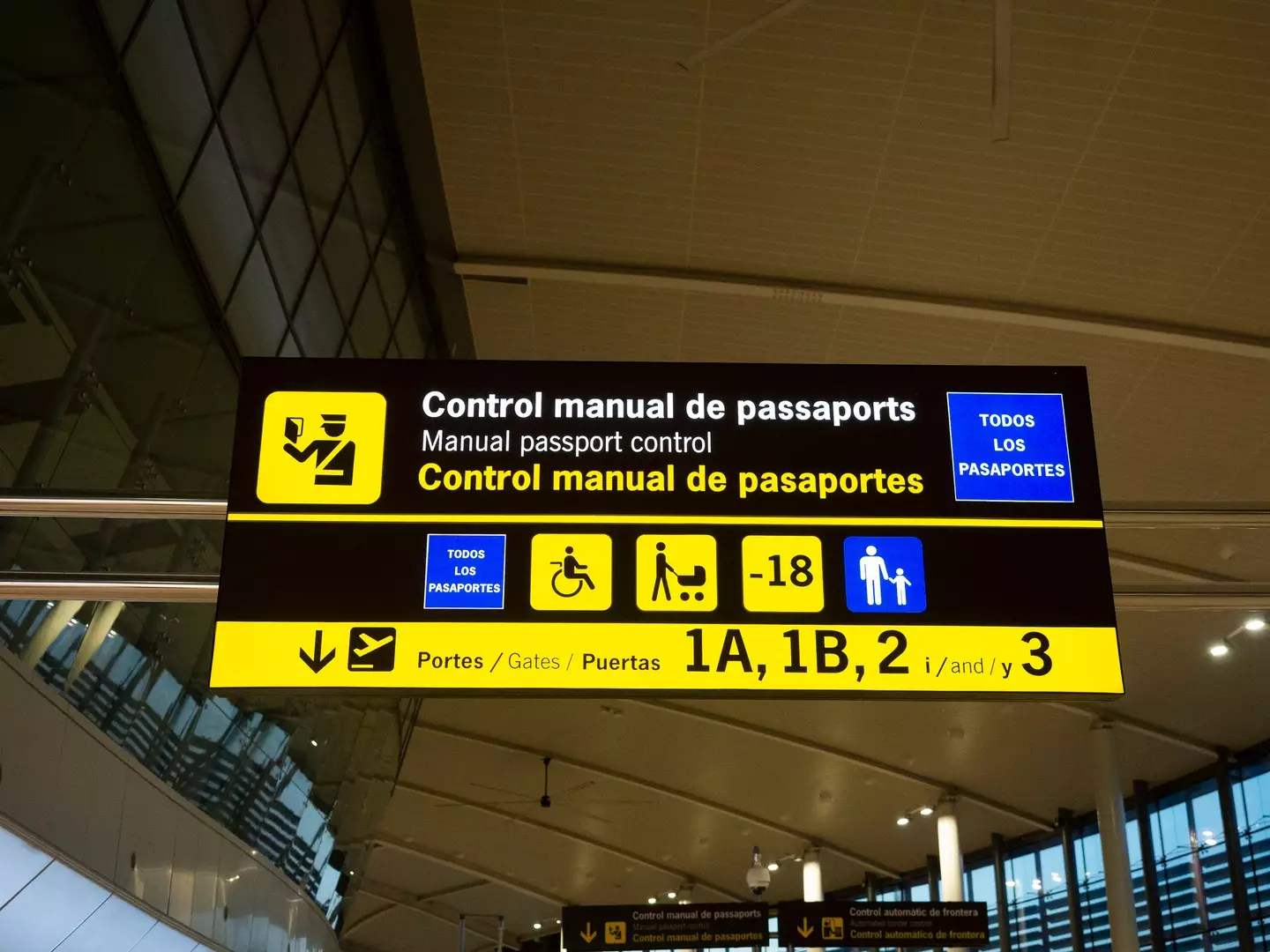
Changes to the United Kingdom as a result of Brexit are still being felt today, with Brits leaving the country and heading to Europe set to have their fingerprints scanned for the first time ever this year.
2016 was a huge year in determining the future fortunes of the UK, with more than half of all adults voting to leave the European Union (EU).
It's an issue that to this day divides families, neighbours, and friends, with it one of the closest fought issues in recent history.
Advert
And whether you voted to stay or leave, the outcome is the same for all.
And that includes massive changes to travel rules if you're leaving the UK by sea or plane.
The UK has already said goodbye to the EU's principle of freedom of movement between all member states; it was one of the key issues that decided how people voted in both directions.
Advert
A very big reality of that is dealing with longer passport queues.
Many of us have been there, where we've jetted off to a European destination and watched our European friends pretty much walk straight through, while us Brits form an orderly queue that takes far too long to be dealt with. Not ideal.
Now, thanks to a new EU travel system, we'll have to jump through more hoops to travel to three of Europe's most popular destinations.

What's happening?
The EU Entry/Exit System (EES) is set to be introduced across the EU with it directly impacting UK citizens and those of other non-EU countries.
Advert
Replacing the current method of stamping passports, the system is meant to be able to track a person every time they cross the border in to an EU country, including at passport control or arriving by ferry.
It'll mean your name and type of travel document will be recorded. And that's alongside your biometric data; that being your facial image and fingerprint.
All of this will be time, date, and location stamped and form a record for both being welcomed to a country and denied entry.

What does it mean in reality?
The EES will help the EU keep track of those who might have overstayed their welcome in the political and economic area.
Advert
The EU says the current system of stamping passports 'does not provide reliable data on border crossings and does not allow a systematic detection of overstayers'. Therefore it is likely to help the EU stop people moving around the Bloc for longer than they are legally allowed to.
Post-Brexit rules mean that Brits are now capped at a 90 day stay in the 27 EU countries in any 180 day period.
If you have a passport to any of these 27 EU countries - officially called the Schengen Area - the rules wont apply to you: Austria, Belgium, Czechia, Croatia, Denmark, Estonia, Finland, France, Germany, Greece, Hungary, Iceland, Italy, Latvia, Lithuania, Liechtenstein, Luxembourg, Malta, Norway, the Netherlands, Poland, Portugal, Slovakia, Slovenia, Spain, Sweden and Switzerland.

When will it come in and what happens if you break the rules?
The EES is set to go live in October 2024, after having been delayed from an original 2022 launch.
Advert
It'll then apply if you visit any of the 27 EU members including British favourites Spain and France.
If you overstay your welcome, you could get banned from visiting any EU country. The EU says: "A non-EU national who stays in the Schengen area beyond 90 days (without a residence permit or long-stay visa) is illegally present, which can result in a re-entry ban to the Schengen area.
"Working in the Schengen area without a work permit is also illegal (even if less than 90 days) and can likewise result in a re-entry ban to the Schengen area. Depending on the Member State administrative penalties may also apply."
Featured Image Credit: Getty Stock ImagesTopics: Brexit, UK News, World News, Travel, Technology, Holiday, Politics